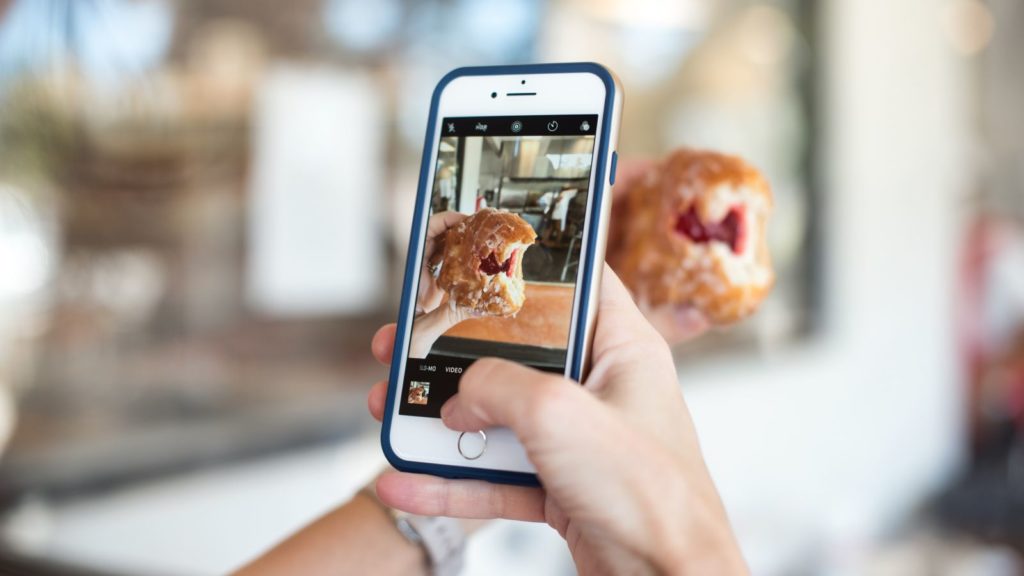It seems like everyone is talking about artificial intelligence (AI) being a game changer, but how many marketers really understand how AI is changing marketing today?
Albert Einstein famously remarked in conversation with Werner Heisenberg: “You know in the West, we’ve built a beautiful ship, and in it, it has all the comforts. But actually, the one thing it doesn’t have is a compass and that’s why it doesn’t know where it’s going”.
No ad to show here.
AI is the compass that steers our ship and keeps us as marketers on the journey. AI is sure to transform the universe and world in ways we can barely wrap our heads around. Many would say it is one of the 12 threats to civilization, but I would argue that it is the antidote to the other 11.
So why is AI important to marketers?
Marketing tech is undergoing a dramatic transformation as companies seek greater personalisation to engage buyers across life cycles.
According to Martech, as of May 2017 the technology landscape was about 5000 technologies. In 2011, it was recorded at 150. From May 2016 to May 2017 there was a 143% growth of new technologies. This technology evolution is only set to climb and it is more important now than ever to have clarity with the decision process.
Marketers would need to become good decision makers. The marketer of the future will be responsible to manage technology stacks and will need to have foresight when planning for the future that changes so rapidly.
Understanding data better will uncover unknown insight that will aid us to make the right decisions. It will allow for us to replace repetitive tasks, automate them, and analyse and optimise whilst managing scale.
What will AI allow us to achieve as marketers?
No more spamming
Over the years we as marketers developed a terrible habit. We grab hold of a promising new communication channel and scorch it to the ground. Look at email and SMS marketing for example.
As POPI come into play this year, the impulse marketing days, whereby marketers exploit consumers, will come to a halt, and it will force marketers to rely on data. Data will be the catalyst and enabler of artificial intelligence and machine learning to drive hyper personalisation and relevancy to stop spamming consumers.
In the past, the spray and pray approach of wider, not deeper worked, but now effective communication is all about going deeper, not wider. It is all about quality, not quantity. An art that not many mastered, but will become the norm in the near future.
Capture signals of intent
Mobile becomes the enabler and catalyst for all digital behavior as it merges with the digital and physical universe. It gives us a trail of digital bread crumbs. What these digital bread crumbs makes more evident than ever, is that connected individuals does not make linear decisions and therefore each person have their own individual journey, which makes it difficult to nudge our customers through the various finish lines.
A recent report claims in America that over $10 Billion are captured in the shopping carts per annum, however US$280-billion are abandoned in the shopping cart. Can you imagine if we could identify real time solutions when abandonment occurs?
AI will allow businesses to increase their average conversion rates of 2-3% and develop new persona’s in real time to serve the right content, right message through the right channel at the right time.
Smart brand engagement behavior will engender trust which will overcome many obstacles in the purchasing journey.
Problem solving
Businesses have a responsibility to solve human problems and improve the lives of their customers.
AI will enhance qualitative and quantitative research and provide real time feedback from connected devices, digital behavior and sensors, which will allow for brands to become more innovative and make impact on their consumers lives by analyzing data by the press of a button.
The most crucial part of innovation is the research process that can sometimes take months, if not years, to have a deep understanding of the problem. If AI can remove those tasks, automate it, and learn through the process, it will result in new products and services which customers want.
How do you as a marketer become part of AI’s future
Clean up your data: Garbage in, garbage out. All businesses should be focusing on accessing their own data, fix it up and make your bad data smarter. Dirty data leads to skewed insights, so if you want to get into the game of AI, get your data right.
Attending conferences: it is highly recommended to attend renowned conferences, for example the IAB annual summit taking place in 01 March 2018. These conferences are the Oscars of the industry and you will be guided by heavyweights to be on top of your game. Digital integration is key and I have found IAB to provide the crème de la crème insights and speakers at every event I’ve attended over the years.
Go to a class: it is important to have an understanding of what you are dealing with and making sure that you are equipped to move into the direction suitable for your business.
Experiment: in order for you to optimise, and leverage the benefits of AI, you need to start experimenting and embrace “practitionership”. Workshop it, strategise with your team and roll up your sleeves and begin. The only way you are going to master this, is by not procrastinating.
I close off with a comment from Astro Teller, Head of X, the division of Alphabet that builds delivery drones, self-driving cars and internet balloons.
No one would go back 90 years and say, “down with bulldozers!” and get out the shovels. Every time humanity has invented a new bulldozer, we’ve been able to go bigger, deeper, faster. AI will do the same. It will be a lever to help human minds solve problems the world faces.
Feature image: Callie Morgan via Unsplash
